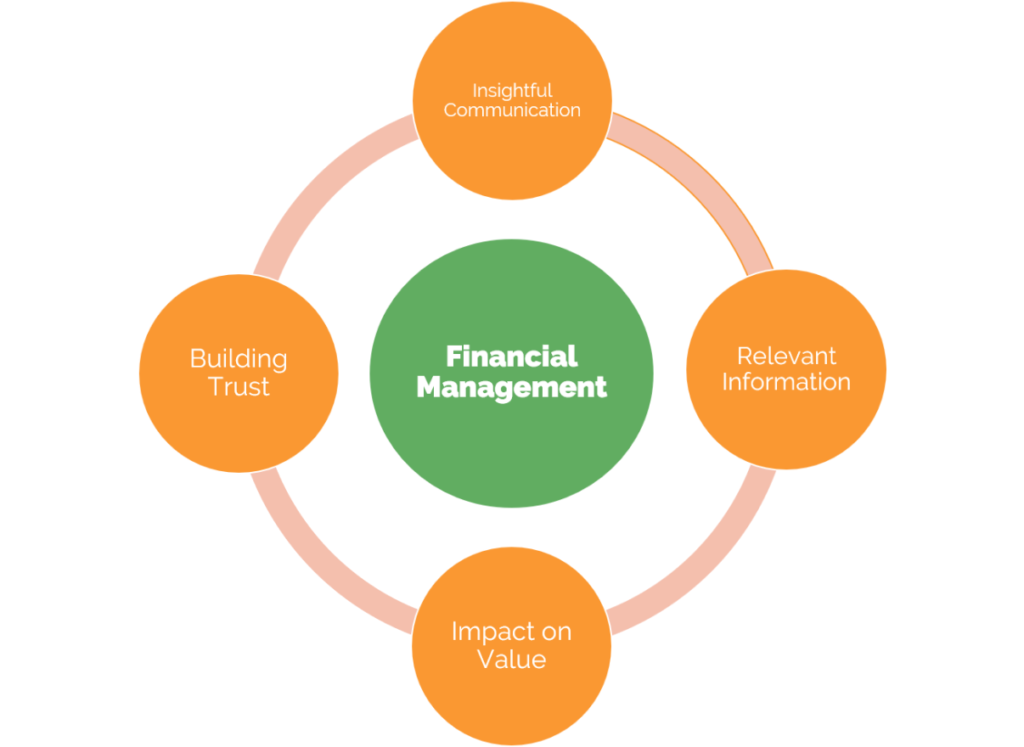Have you ever thought about the primary objective of financial management? To keep your bank account with as much money as possible, right?
We all want to keep our money safe for education, buying property, health coverage, retirement planning, etc. Financial planning is an important part of our life, it needs continuous monitoring and assessments at every stage, and it is highly beneficial in times of financial crisis or any emergency- Covid-19 unforgettable!
Are you the one who plans carefully to spend and invest money? Well, go with the right thinking, approach, research, and budgeting.
Certain expenses are beyond the limits like household expenses, try to make your expenses as minimal as possible so that you can save more money for investment.
How you spend, invest, and use the money to attain financial strength and progress matters a lot. Do you all know? Financial planning is a demand for successful financial security in India.
What do you think about planning your finances and their purpose?


Many people have common thinking that it’s just for the rich- you are probably wrong here. If you understand financial planning and how to control it, you will gradually become more and more financially strong.
Look at a few points to manage the finances for betterment-
- Investments
- Cash flow
- Income management
- Savings for emergencies
- Security of family
- Funds
Personal financial planning is crucial to help you meet your changing financial requirements, be prepared for potential financial crises, increase your wealth, save for retirement, and manage your finances on daily basis.
To plan and give the priority to these under financial management-
The very first step is planning in financial management, at some areas priority should be given to financial management such as fixing your financial goals, planning the tax, your financial situation, and your retirement strategy.
So, let’s discuss one by one-
- Fixing your financial goals- Fixing your practical financial goals is very important to ensure financial security in both the long and short-term. It helps you to gain a better understanding of the best way to manage your costs so that you may reach the fixed goal ahead of schedule. If you are out of the set goals, you are more likely to become inevitable about your budget and this reason is enough to make you run out of money. Consider fixing the reasonable goals crucial for financial planning.
- Planning the tax – Considering financial planning without taxation is just irrelevant. It would not be possible for an investor to manage tax liabilities with no tax planning. Are you the one planning your taxes? Make sure you research your finances and look at them from a tax-effective viewpoint. In India, people are permitted tax exemptions and benefits depending on their financial health. Isn’t it great for Indian citizens? So, if you are good to manage your expenses and investment favorably, you are going to save money by cutting the tax responsibilities- undoubtedly.
- Financial situation- Whenever you set your financial goals- whether, for the long-term or short-term, it would be easier to notice the path of financial stability by you. In today’s tech world, a lot of software available-just download followed by uploading financial data to monitor financial moves. Another great option is to hire an expert to let you know every move of your financial situation.
- Retirement strategy- Time doesn’t remain the same- change of time is constant so your financial situation will not remain the same for the years. It may be better to plan your retirement and financial strategy early. In pension planning first- decide on the expected retirement age, and subsequently, ascertain how and where you want to save your earned money. Your fund is the financial security for you and your family!
The next topic of discussion is- saving money-


Commoners sometimes find savings the hardest and how to get started with savings. Well, if you have a plan, savings would be easier, let’s find out some simple and realistic strategies to save money for the short and long-term goals-
- Find ways to cut extra spending- Try to find out nonessentials, e.g., entertainment, dining out frequently, and so on, if this is the trend you are following, it might be the time to cut back on expenses. Look for ways to save on your fixed monthly expenses such as your mobile phone plan, buying extra household products, water bills, electricity bills (avoid unnecessary use), etc. Controlling the expenses will lead your savings up!
- Track your expenditures- Figuring out how much you spend is the first step to saving money. Keep a record of your expenses- means every household item, monthly bills, etc. You can have a free online spending tracker or app to record the expenses. For instance, clients from Bank of America can access spending and budgeting tool in online and mobile banking to automatically categorize transactions for easier budgeting.
- Keep away from Debts- Each of us wants to live a lavish life– we want expensive clothes- like to visit restaurants regularly- like to have our own vehicles, especially a car. We easily get entrapped in our own desires-the finance companies lure us to make our dreams come true, thereby making a trap for ourselves called debts. If you end up being in a debt trap, just imagine how far away you are from saving your earned money. Advisors suggest to all to keep away from these debts unless it becomes necessary such as home loans, education loans, and so on. In today’s time, it’s easy to get debts/loans but sometimes turns out to be a nightmare while returning with interest!
- Must follow the 50/30/20 rule- Use this rule for better budgeting and saving. This rule is simple to follow- just break your income into three parts-
- 50% of the total income will go to basic needs such as food, household expenses, public services, etc.
- 30% on desires like shopping and hobbies.
- 20% will go on to savings and investments.
So, you have a set of buckets and can manage the amount from each bucket easily!
Invest and build the financial portfolio-


For those who are on the journey of investment, building financial portfolios may seem scary. It’s challenging to keep aside some funds every month, while also budgeting some expenses such as rent, some EMIs, and so on. However, the early to begin investing- you get sufficient time for your financial portfolio to mature and grow.
Building your financial portfolio with the strategy of your investment follows an organized approach to keep growing your investments on an ongoing basis.
With a lot of different types of investing opportunities- India has turned out to be the center of attraction for financial deeds.
Today many options are available for investment and choosing the right one may seem daunting. Here is the list of best investment options in India-
- Mutual funds
- National pension scheme
- Public provident fund
- Insurance plans
- Stock market investment
- Fixed deposits
- Digital Gold
When you are on the journey to start the investment consider a few things in mind-
Don’t get fooled by anyone, money scammers who fool people for a big profit in a short time- do self-study before choosing to invest or ask for a piece of advice from an expert- keep monitoring your stock and mutual fund holdings- consider the involvement of tax on the investment returns.
Let’s cover some FAQs-


How to create a fruitful personal finances plan?
Let’s share some steps-
Step 1- Make a list of your financial goals and be particular to the list.
Step 2- Collect the information about your present financial situation.
Step 3- Learn the making of financial strategies about different financial tools like savings and investment options.
Step 4- Pick automation wherever you can to start your rhythm and remain disciplined with your investments.
Step 5- Ask the experts to help whenever you need regarding adapting your plan, covering all your bases.
Steps to organizing your personal finance?
Start organizing your finances in a well-organized manner to save your taxes smartly.
- Evaluate your financial and retirement goals.
- Decide which tax regime is better for you.
- Submit tax declaration on time.
Which investment is best for 5 years?
- Fixed maturity plans
- Recurring deposits
- National savings certificate
- Monthly income schemes
- Saving account
Strong financial planning will eventually get you good savings!




